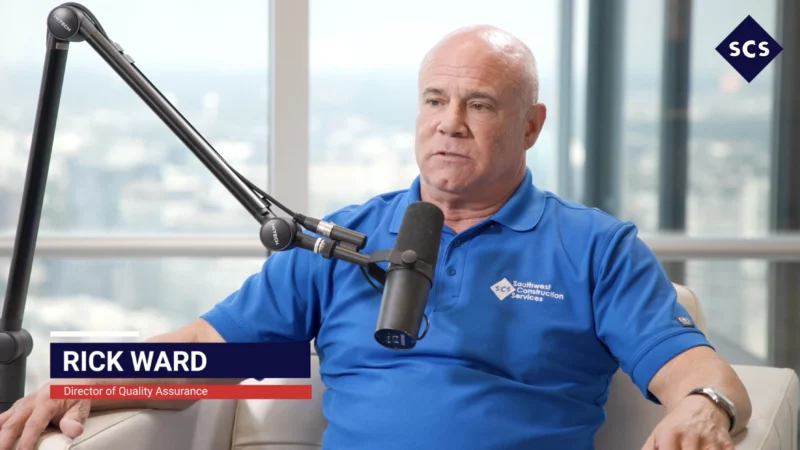Navigating The Real-World Implications of Decarbonization
There are real-world implications of decarbonization in the global quest to reduce emissions. Can the disruptors make an impact?
In the face of a rapidly changing climate, the global push for decarbonization has never been more urgent. The stakes are high as industries and governments grapple with the challenges of reducing carbon emissions. Reports indicating a $10 trillion investment need in our built environment over the next decade highlight the magnitude of this transformation. But what does this mean for businesses, policymakers, and consumers?
What are the real-world implications of decarbonization, and how can we navigate this complex landscape?
Welcome to DisruptED: Advanced Manufacturing Edition, hosted by Ron J Stefanski. In this episode, Stefanski sits down with Josh Griffin, Co-Founder & Chief Policy Officer at nZero, to delve into the intricacies of decarbonization and its impact on various sectors.
Stefanski and Griffin discuss the following:
- The interdisciplinary nature of decarbonization, spanning from traditional hardware design to specific application domains like agriculture and healthcare
- The importance of data in understanding and addressing carbon emissions, emphasizing the need for a standardized baseline
- The role of governments and businesses in leading the charge, with a focus on public-private partnerships and the value of real-time data in decision-making
Josh Griffin brings a wealth of experience to the table. With a background in public policy and government affairs, Griffin has spent over 25 years navigating the political landscape, representing major companies in the mining and data sectors. His unique perspective, combining policy expertise with a deep understanding of sustainability, positions him as a thought leader in the decarbonization movement.




